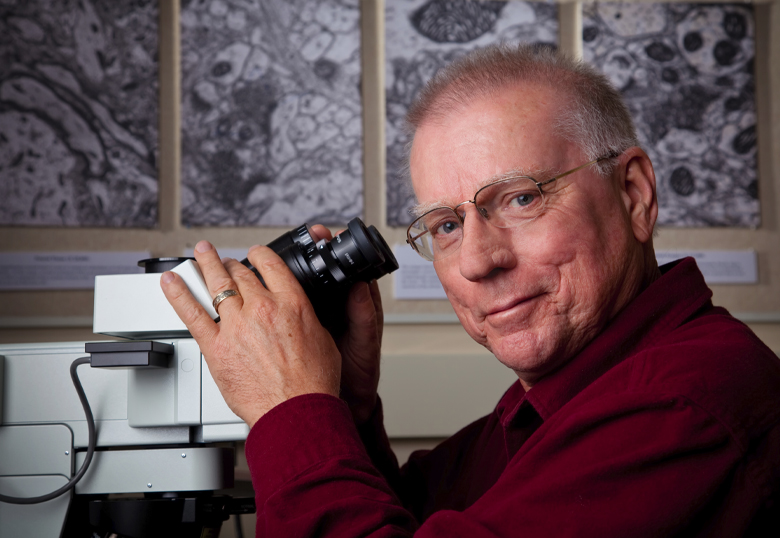
Alzheimer’s Society contributing $5M for dementia research in Alberta
LETHBRIDGE, AB – The Alzheimer Society of Alberta and Northwest Territories is partnering with Campus Alberta Neuroscience to launch a funding competition for innovative research. Starting in September 2022, researchers from the Universities of Lethbridge, Calgary, and Alberta will see contributions of up to $1 million annually towards high-priority Alzheimer’s and dementia research.
Dr. Rob Sutherland is a Professor at the University of Lethbridge (U of L) and the Chair of the Neuroscience department. He says this funding is going to make a big impact.
“This is actually a really significant opportunity for all three universities. Campus Alberta Neuroscience, which Lethbridge is part of, created a working group a few years ago on healthy brain aging and dementia,” said Sutherland. “That’s really created a core of people at Lethbridge, Calgary, and [the] University of Alberta, who do focus a lot of their research efforts on Alzheimer’s disease.”
“The other significant thing, apart from the fact that it’s $5 million that’s being put into this, from our point of view, this is all raised from donations from ordinary Albertans, and so this is a significant amount of money coming directly from them. It’s going to be spent in Alberta to increase the capacity of work on Alzheimer’s disease in the province,” Sutherland adds.



